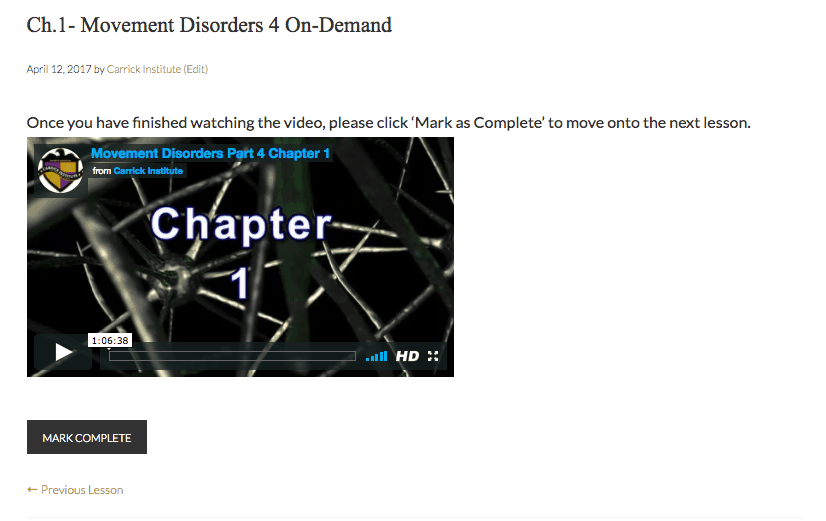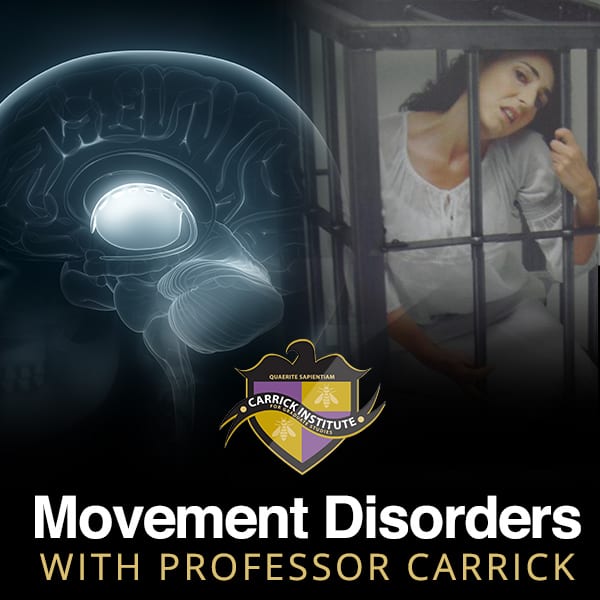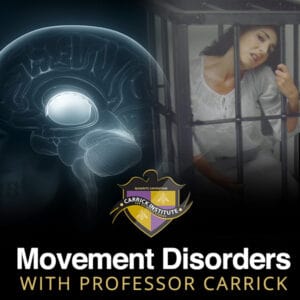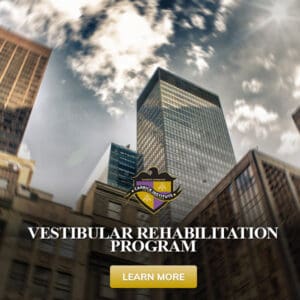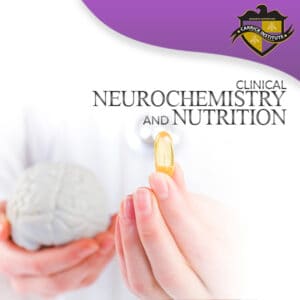 Module 1
Module 1This module will discuss the anatomy and physiology of the basal ganglia from a functional point of view. The role of the basal ganglia in health and disease will be explored with major attention focus to clinical examinations at the bedside.
A functional approach to the diagnosis and treatment of movement disorders
Central to a functional approach to the diagnosis and treatment of movement disorders is a thorough understanding of the clinical assessment of patients. Examination techniques and supporting investigations will be explored in a patient base paradigm of healthcare. The integration of a multi-sensorial system provides a unique opportunity for clinical applications.
Syndromes of hypomobility and akinesia
This module addresses much more than rigid symptomatology in many movement disorders. It is central for the understanding of joint position error and fixation in the axial skeleton and extremities. Many disease forms presents with combinations of akinetic phenomenology. A differential diagnostic approach to the understanding of different lesions of the nervous system with similar presentations will be embraced.
Module 2
The clinical movement disorder phenotypes
Movement disorders are largely individual but they can be grouped into certain phenotypes. This learning module will develop an understanding between the relationships of different presenting movements disorder classifications. The learner will be exposed to tremor, Chorea, myoclonus, hemiballismus, gait disturbances and more
Parkinson’s disease
Parkinson’s disease is becoming ever more common in the presentation at the neurological office. The long-term progression of this disorder necessitates and up to date understanding of the etiology of the disease and how it presents in various formats throughout the lifespan. Targeted intervention and clinical possibilities will be discussed in an evidence-based paradigm of patient care.
The diagnosis, etiology, epidemiology and treatment of tic syndromes
Tics Are commonplace and can be catastrophic for those suffering with this disorder. This knowledge area module will progress with an understanding of primary tic disorders and progress to an understanding of Tourette’s syndrome and secondary tic syndromes. the module will be directed towards diagnosis and treatment using a functional approach to clinical neuroscience.
Module 3
The diagnosis, etiology, epidemiology and treatment of dystonia
Dystonia imprisons patients in a clinical cage. This knowledge module will introduce primary and secondary dystonia through their phenotype and physiological origins. A paradigm based upon patient applications will enable a comprehensive understanding of generalized dystonia as well as conditions of writer’s cramp’s, spasmodic torticollis, cerebral palsy and other inherited dystonia.
The diagnosis, etiology, epidemiology and treatment of myoclonic syndromes
This clinical learning module will explore the etiology, epidemiology, phenomenology and clinical approaches to the diagnosis and treatment of jerky movement disorders. An understanding of muscle physiology and central nervous system integration of the sensorimotor system will enable and facilitate a clinical approach to difficult disorder presentations.
The diagnosis, etiology, epidemiology and treatment of Restlessness
Restlessness is problematic for patients throughout the world. The learner will be exposed to conditions from akathisia to restless leg syndrome. The relationship of restlessness to sleep, pain and integration other movement disorders and diseases will be central to this clinical module. The goal of the module is to promote an opportunity of treatment that is novel and efficacious..
Module 4
Course Objectives:
Credit Hours: This course is part of the 100 hours Movement Disorders program and is worth 25 Credit hours.
